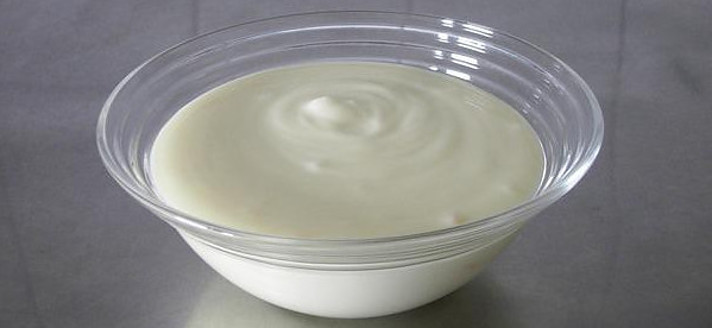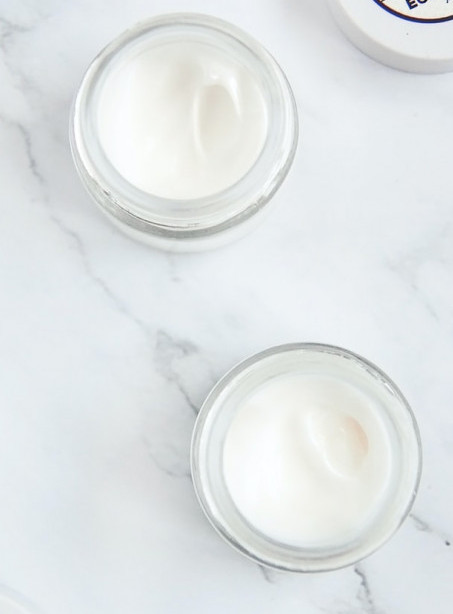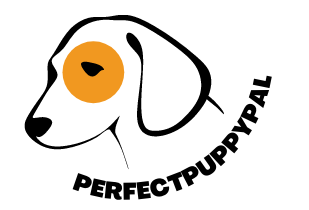Can Dogs Safely Eat Yoghurt?
Can dogs safely eat yoghurt? It’s a question that has divided the canine community for years. Some believe that yoghurt is an essential part of a healthy diet, while others contend that it is nothing more than a sugary treat.

So, what is the truth? The answer, like most things in life, lies somewhere in the middle. While yoghurt does contain some sugar, it also contains beneficial bacteria that can help to promote a healthy gut. In addition, yoghurt is a good source of calcium and protein, both of which are essential for maintaining strong bones and muscle tissue. As such, yoghurt can be a safe and healthy treat for your dog, as long as it is given in moderation.
At perfectpuppypal.com, we are not qualified veterinarians or animal nutritionists. The information that we provide is general and educational information only and is not a substitute for professional advice.
What are the benefits of feeding yoghurt to your dog?
If you’re like most dog owners, you probably think of yoghurt as a tasty treat for your four-legged friend. But did you know that yoghurt can also be beneficial for your dog’s health? As we mentioned, yoghurt is a good source of protein and calcium, which are crucial when it comes to having a healthy pup. They are important to the structure, function, and regulation of the body.
Some brands of yoghurt also contain live and active cultures or healthy bacteria, which can help to boost your dog’s immune system as well as regulate your dog’s digestive tract. And feeding a small amount of yoghurt to your pooch can actually help to settle an upset stomach as well.
So next time you’re at the grocery store, pick up a tub of yoghurt for your furry friend. Your dog will love the taste, and you’ll love knowing that you’re giving them a healthy snack.
Are there any dangers when feeding your pup yoghurt?
When it comes to yoghurt, there are a lot of different opinions out there. Some people swear by its health benefits, while others are more sceptical. But what about our furry friends? Are there any dangers to be aware of before giving them some yoghurt?
First of all, make sure to choose a yoghurt that does not contain any artificial sweeteners such as xylitol. These can be very toxic to dogs and must be avoided at all costs. These artificial sweeteners are often found in yoghurts that have been flavoured or low-fat varieties, so always check the label first if you intend to feed some to your canine companion.
Secondly, we know that eating too much sugary food is not healthy for us and it is not healthy for our pups either. So again, also check the label before feeding so you know exactly what you are giving your pooch.
Yoghurts also contain a fairly high-fat content as well as lactose. We can all agree that too much fat is not good for anyone, human or animal, so please remember this when giving yoghurt to your dog. As for the lactose, well some pups are lactose intolerant and find it very difficult to digest. The high levels of lactose in yoghurt can cause gastrointestinal distress, including diarrhea and vomiting.
What is the best way to feed yoghurt to dogs?
Most dog owners are aware that yoghurt can be good for their furry friends, but they may not be sure of the best way to feed it to them. Should they give them a bowl of yoghurt as a treat? Add it to their food? Or simply let them lick the yoghurt pot clean?
The answer, of course, depends on the dog. Some will happily lap up a bowl of yoghurt, while others will turn their noses up at it. Adding yoghurt to their food is usually the best way to get fussy eaters to enjoy the benefits of this healthy food. And for dogs who love nothing more than a good lick, well, there’s no harm in letting them lick the yoghurt pot, but be sure to remove the empty pot once the licking has stopped!
Another idea and one that my pup loves in the hot summer months is to put the yoghurt into a Kong toy or something similar, wrap in clingfilm (to prevent the yoghurt from escaping) and pop it in the freezer for an hour or so. When it is frozen, remove it from the freezer and take off the clingfilm, obviously! Then give the frozen yoghurt filled toy to your furry and watch them get down to business; This way, they have to work for their yoghurt, and you don’t have to clean up any mess!
This is a great way to boost their intake of probiotics and healthy bacteria. Just be sure to choose a yoghurt that is low in sugar and fat such as plain Greek yoghurt.
How much yoghurt is a safe amount for dogs to eat?
Yoghurt is a great snack for both humans and dogs alike. It’s packed with protein and calcium, and it’s a good source of probiotics, which can help to support digestive health. However, yoghurt is also high in sugar, and too much of it can lead to weight gain. So how much yoghurt is safe for your dog to eat?
The answer may surprise you. A small dog should only eat about half a cup of yoghurt per day, while a large dog can have up to two cups. And don’t worry about giving your dog too much calcium – the yoghurt will only provide a small amount of the mineral, and most dogs get plenty from their diet anyway.
So, can dogs safely eat yoghurt?
In a nutshell, yes! Most dogs can safely eat yoghurt. But as with any food, there are a few things to keep in mind. First of all, dogs come in a wide range of sizes, so the amount of yoghurt they can safely consume will vary. For example, a toy poodle would need to eat far less yoghurt than a great dane.
Secondly, some dogs may have health conditions that make yoghurt a less than ideal choice. For instance, dogs with lactose intolerance should avoid yoghurt (and other dairy products) altogether.
While there are many health benefits to feeding dogs yoghurt, there are also potential dangers, if your dog eats too much yoghurt, they may experience diarrhea or an upset stomach, so always bear this in mind when adding different foods to your pup’s diet.
Finally, as always, it is well worth consulting with your local vet before adding additional foods and treats to your four-legged friends’ diet!
We always appreciate comments here, so if you have anything to add to today’s discussion, or have experienced any positive or negative situations when feeding your pup a bit of yoghurt, then please feel free to leave a comment below!
